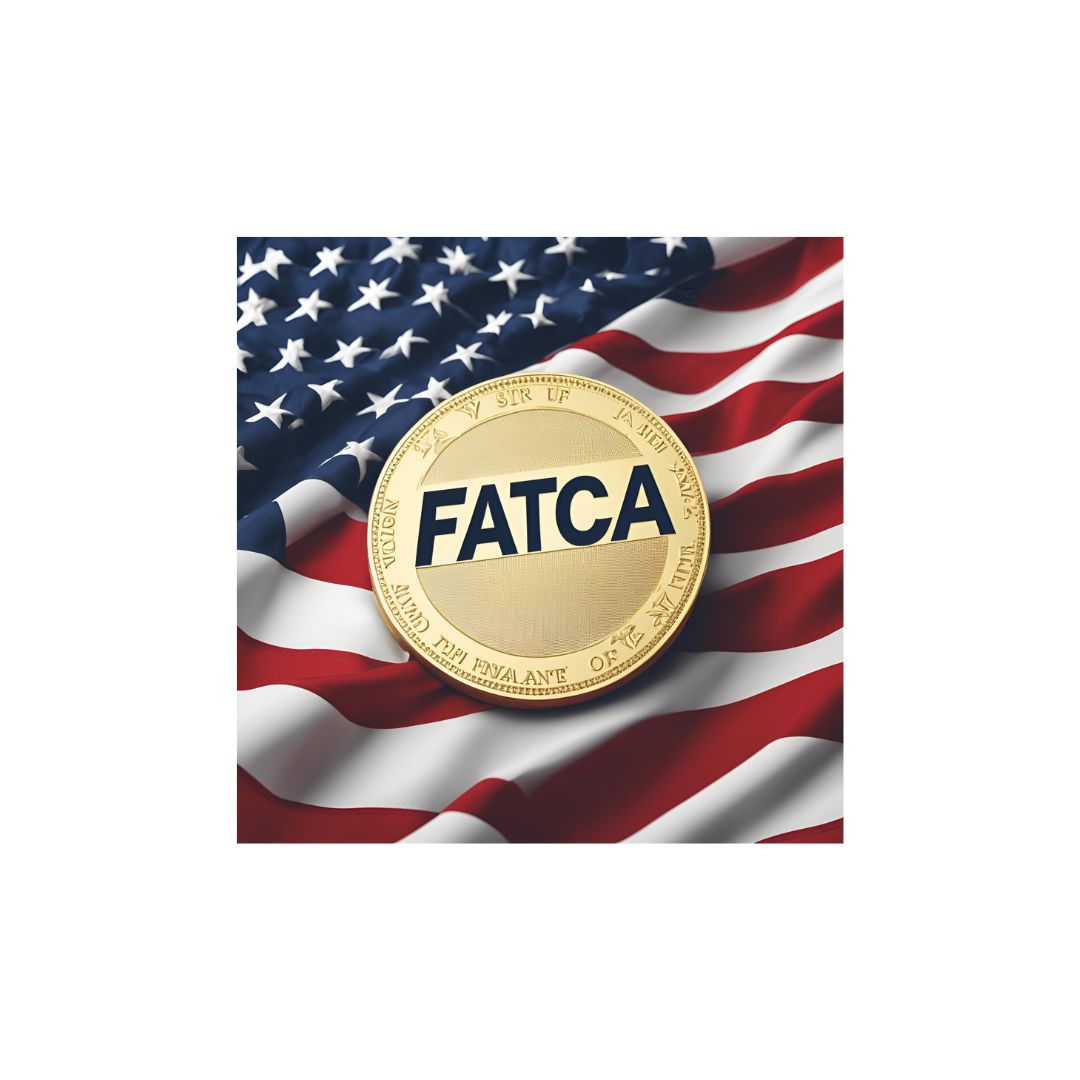IRS Form 5472 is essential for foreign-owned U.S. businesses.
Form 5472 is a requirement for entities that are at least 25% foreign-owned and the failure to file can result in penalties starting at $25,000 per form.
The Inflation Reduction Act is likely to increase IRS scrutiny of these forms significantly so it is important to stay updated.
The IRS Streamlined Filing Compliance Procedures assist various groups, including accidental Americans, digital nomads, and American expatriates, in rectifying unintentional failures to report foreign financial assets.
Under this streamlined procedure, U.S. residents face a 5% penalty on the highest foreign asset balance, while non-residents typically incur no penalties.
This process offers reduced penalties, a simplified disclosure pathway, and an opportunity for compliance.
FBAR compliance is crucial for U.S. persons and entities with foreign financial accounts exceeding $10,000 at any time during the year.
The FBAR, FinCEN Form 114, must be filed annually by April 15 (with an extension to October 15).
Non-compliance can result in severe civil and criminal penalties.
IRS Form 8938, the "Statement of Specified Foreign Financial Assets," is used by U.S. taxpayers to report foreign financial assets under FATCA. For U.S. residents, singles or separate filers must report if assets exceed $50,000 at year-end or $75,000 anytime. Joint filers must report if assets exceed $100,000 at year-end or $150,000 anytime. Penalties for non-compliance include a $10,000 initial fine, up to $50,000 for continued failure, and potential criminal charges.
Digital nomads and American expatriates with foreign financial accounts must be aware of FATCA's reporting requirements.
U.S. taxpayers living abroad, must report foreign financial assets using Form 8938 (Statement of Specified Foreign Financial Assets) if the total value exceeds certain thresholds.
Additionally, the FBAR (FinCEN Form 114) must be filed if the aggregate value of a US Taxpayer's foreign accounts exceed $10,000 at any time during the year.





